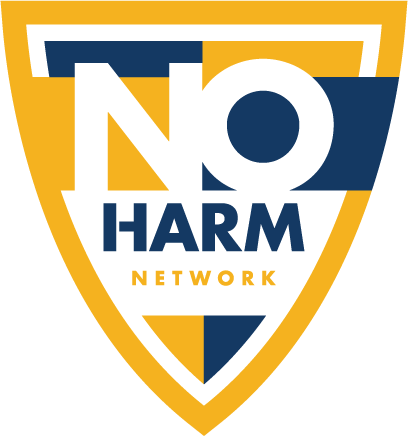“Why do over 90% of women stay in an industry where they are sexually exploited when they report wanting out?”
In order to fully address this question we need to look at the experiences of the majority of our women. And address issues that make it difficult for them to leave.
When you meet a woman or teen working in the sex industry she will not necessarily present as someone who wants out. But to fully explore this question we must look at what led up to her getting in the industry and services needed to get out.
Clients typically experience one or more of the following:
- Childhood sexual abuse
- Rape
- Lack of Education
- Under employed / Unemployed
- Addiction
- Criminal Background
- Parental abandonment
- Trafficking or pimping by family member or close friend
- Mental Health Issues
- PTSD
- Dissociative Identity Disorder
- Self-harm
- Lack of Coping Mechanisms
Common Trauma Reactions
Below are some of the reactions that are natural and expected with survivors of trauma and loss. There is no complete listing of trauma reactions but some are known to be common among survivors.
Nightmares
Night fright
Crying, crying uncontrollably
Unable to cry
Physical and or mental agitation
Exaggerated startle response
Pacing nervously or aimlessly
Hunkering down or curling up
Self-medicating
Extreme caution
Impulsiveness
Obsessing over details
Sense of loss of control over one's life
Flashbacks
Intrusive thoughts
Second-guessing and questioning of oneself
A sense of unreality-feeling as if one is in a fog or a cloud
The urgency to fix something
The sensation of one's skin crawling or tingling
Emotional Impact
- Anger or rage
High anxiety
Numbness
Guilt and or shame feelings
Feeling sad and or lethargic
Shock and disbelief
Vengeful feelings and thoughts
Irritability, snapping at others
Physical Impact
Stomach distress
Headaches
Muscle tension in specific parts of body
Feeling immobilized and or being immobilized
Loss of appetite
Sleep disorders-can't sleep, can't get to sleep, interruption of sleep, waking early, oversleeping
Isolating oneself
Relational and Social Impact
Distrust of those around you
Loss of intimacy and feeling detached from others and or from oneself
Wanting to not leave home or other safe place
Fear of being alone and fear of too many people






